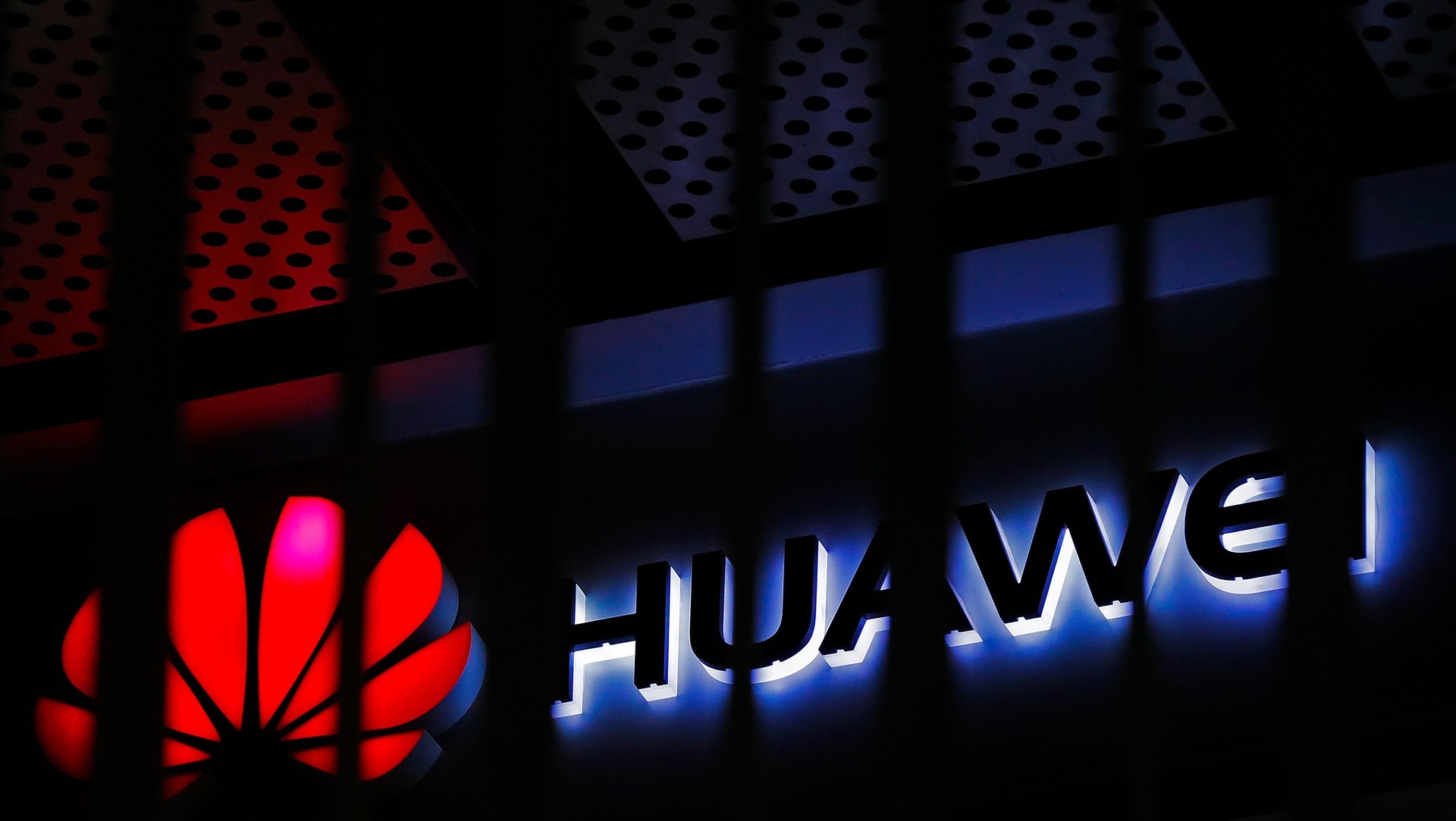Huawei’s sales in 2018 crossed $100 billion for the first time
The tumult of 2018 didn’t seem to seriously impact Huawei—the China telecommunications equipment maker joined firms like Microsoft, Alphabet, and Boeing in the $100 billion club.


The tumult of 2018 didn’t seem to seriously impact Huawei—the China telecommunications equipment maker joined firms like Microsoft, Alphabet, and Boeing in the $100 billion club.
Huawei today (March 29) reported a 19.5% jump in revenue last year to 721.2 billion yuan ($107 billion). Its net profit also rose 25% to 59.3 billion yuan, a slower growth rate compared to 2017. Its consumer business, which posted 45.1% in growth (pdf, p.20) from a year earlier, became the company’s biggest revenue contributor, bringing in about 349 billion yuan. Its enterprise business rose 23.8% to about 74.4 billion yuan.
However, Huawei’s carrier business reported a 1.3% drop in sales to 294 billion yuan. The drop comes at a time when Huawei is facing increasing scrutiny from governments across the world, led by the US, over its 5G business due to security concerns. Just yesterday (March 28), the UK government said it found flaws in Huawei’s software and equipment and “significant technical issues.” A Huawei spokesperson said that the report provided “vital input for the ongoing transformation” of the firm’s software engineering capabilities.
Huawei has denied accusations that its products pose security risks.
Last week, Denmark picked Sweden’s Ericsson over Huawei for its 5G rollout. However, the European Union has not imposed a blanket ban on the company despite pressure from the US not to use Huawei equipment in its 5G networks.
Guo Ping, one of the rotating chairmen of Huawei, reiterated today that “cybersecurity and user privacy protection are at the absolute top of our agenda,” and that the company will “do everything we can to shake off outside distractions.”